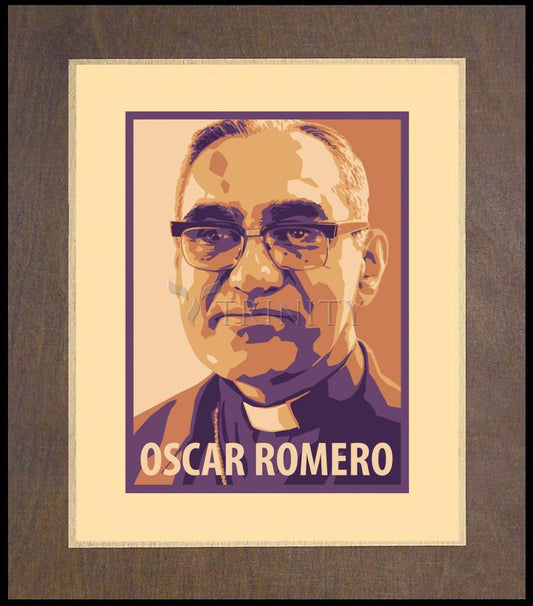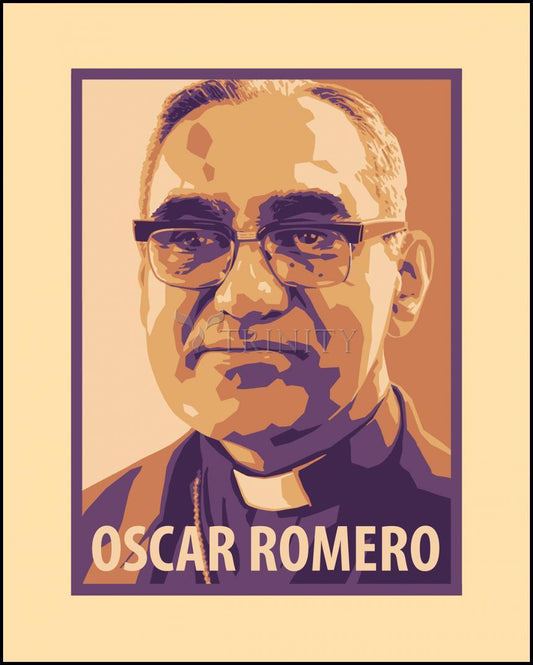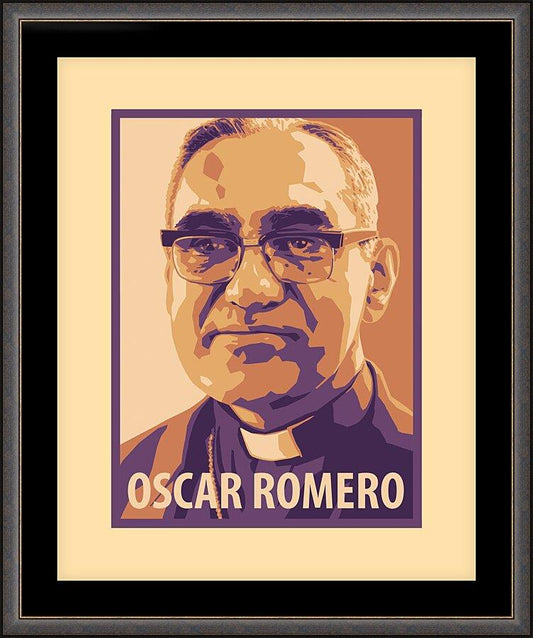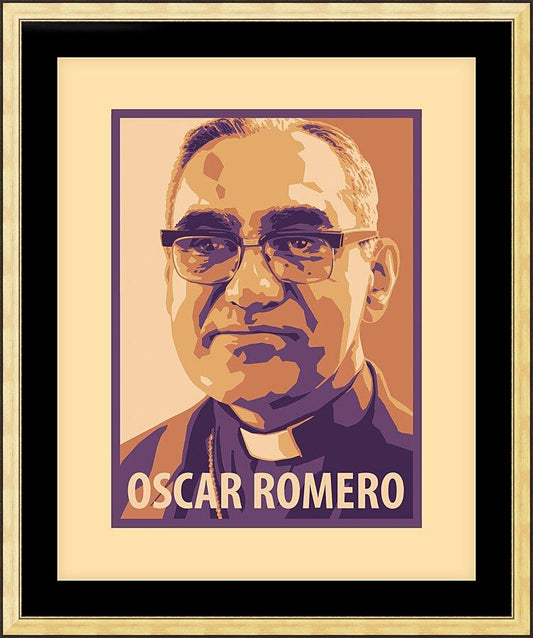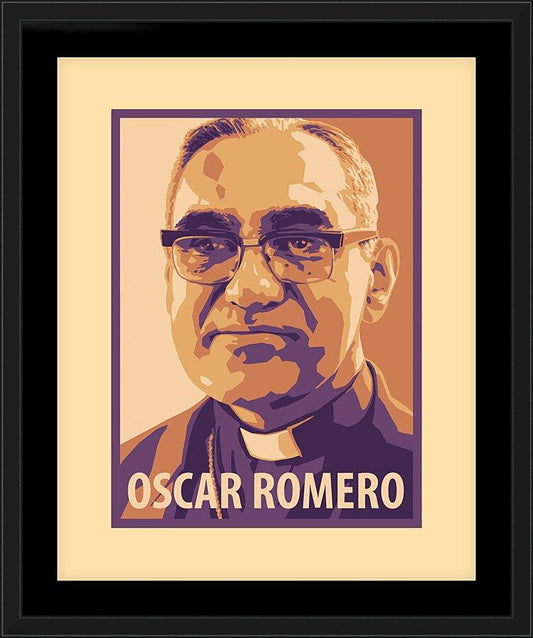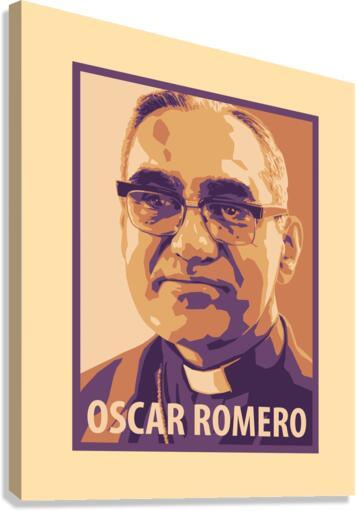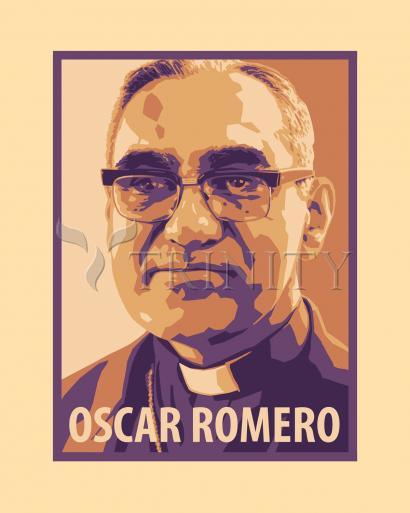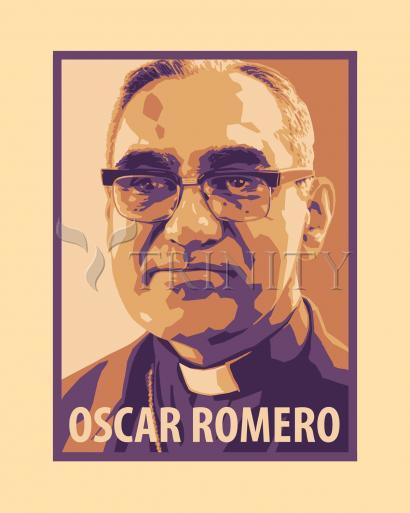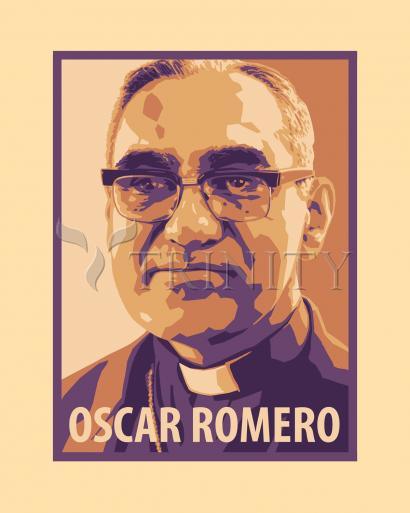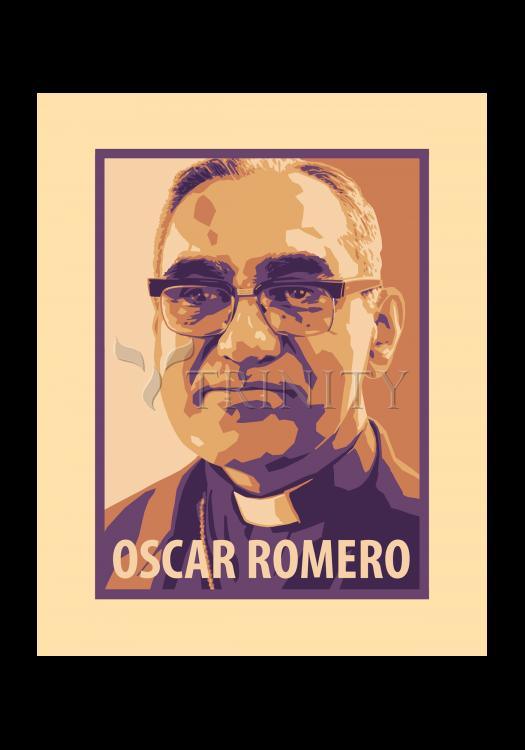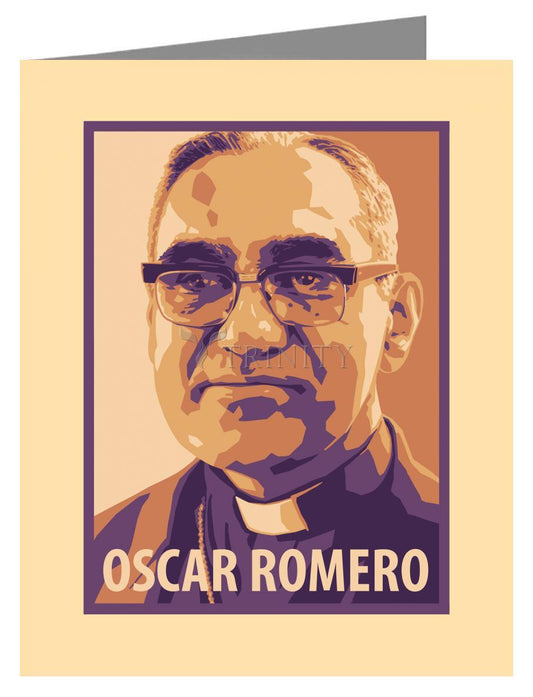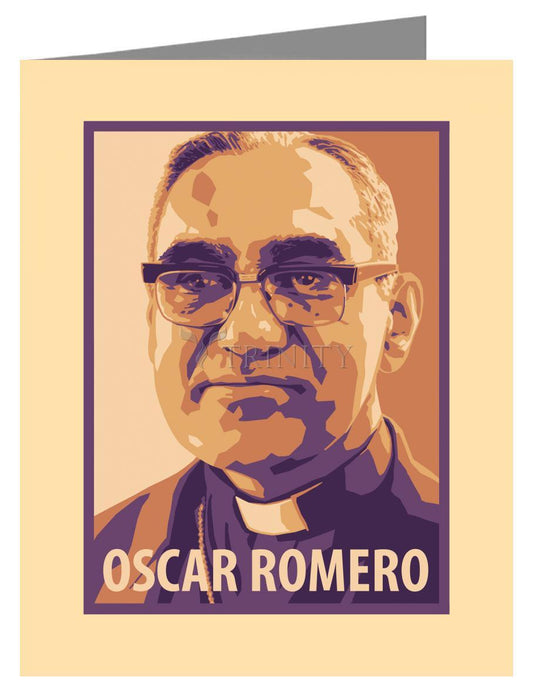Born in 1917, in Ciudad Barrios in the province of San Miguel, El Salvador, Oscar Arnulfo Romero worked for a time as a carpenter's apprentice, but at the age of 14, decided to be a priest. He trained at San Miguel and San Salvador, before completing his theological studies in Rome. He was ordained in Rome in 1942 and for 35 years worked as pastor, administrator and journalist.
In February 1977, Oscar Romero became archbishop of San Salvador, which means he was the spiritual leader for all of the Catholics in El Salvador. In that month a crowd of protesters were attacked by soldiers in the town square of the capital. Then, on March12, 1977, a priest and friend of Romero's, Rutilio Grande, was murdered in Aguilares.
Romero saw that the people in power in his country were violent men. The wealthy families supported this violent government. Death squads committed murder in the cities while soldiers killed as they wished in the countryside. Romero was sad and angry because so many people were being hurt.
During this time, the poor people suffered the most. Romero spoke out against the soldiers and the government who were attacking the poor. Romero believed that the church needed to work to change the government, because the government was going against the teachings of Jesus. Saint Romero used his sermons to call for peace.
Crowds of poor people came to listen to Romero in person, and others crowded around their radios to hear him. His message to the victims of violence was that Jesus was suffering in them. His message to the murderers was that they were crucifying Jesus when they killed others, and that even though they killed people, God still loved them.
Though he encouraged peaceful reform, where violence was unavoidable, he worked to overcome the spirit of hatred and vengeance. He risked his own life as he defended the poor and oppressed. He walked among the people and listened. "I am a shepherd," he said," who, with his people, has begun to learn a beautiful and difficult truth: our Christian faith requires that we submerge ourselves in this world.
Killed by an assassin's bullet as he celebrated Mass on March 24, 1980, his last words described the grain of wheat that must die in order to bear fruit. Like his Savior, he died poor, forgiving his murderers. He was buried in the cathedral where he had preached justice. And now people from many nations come to his tomb to find strength in their struggle.



